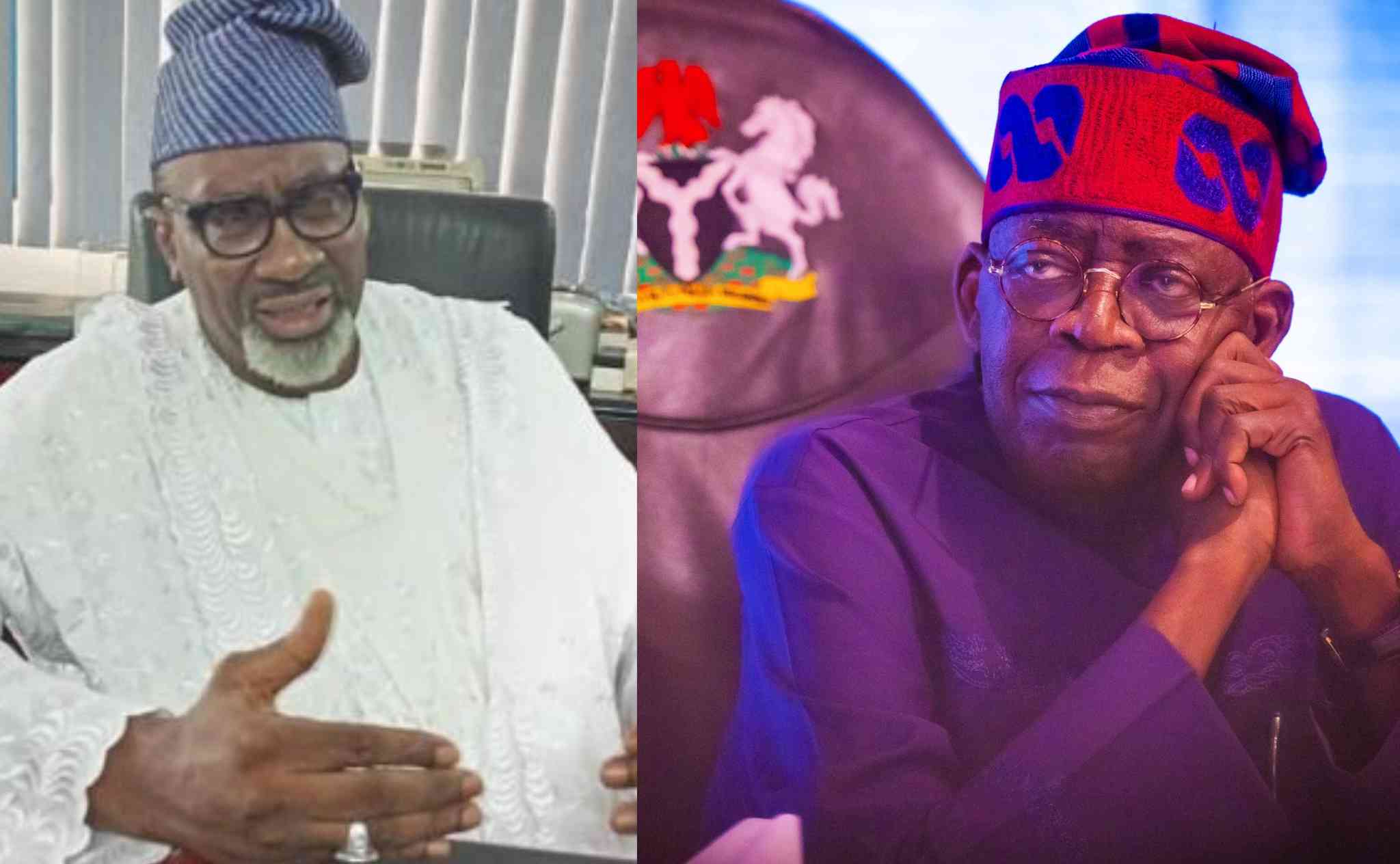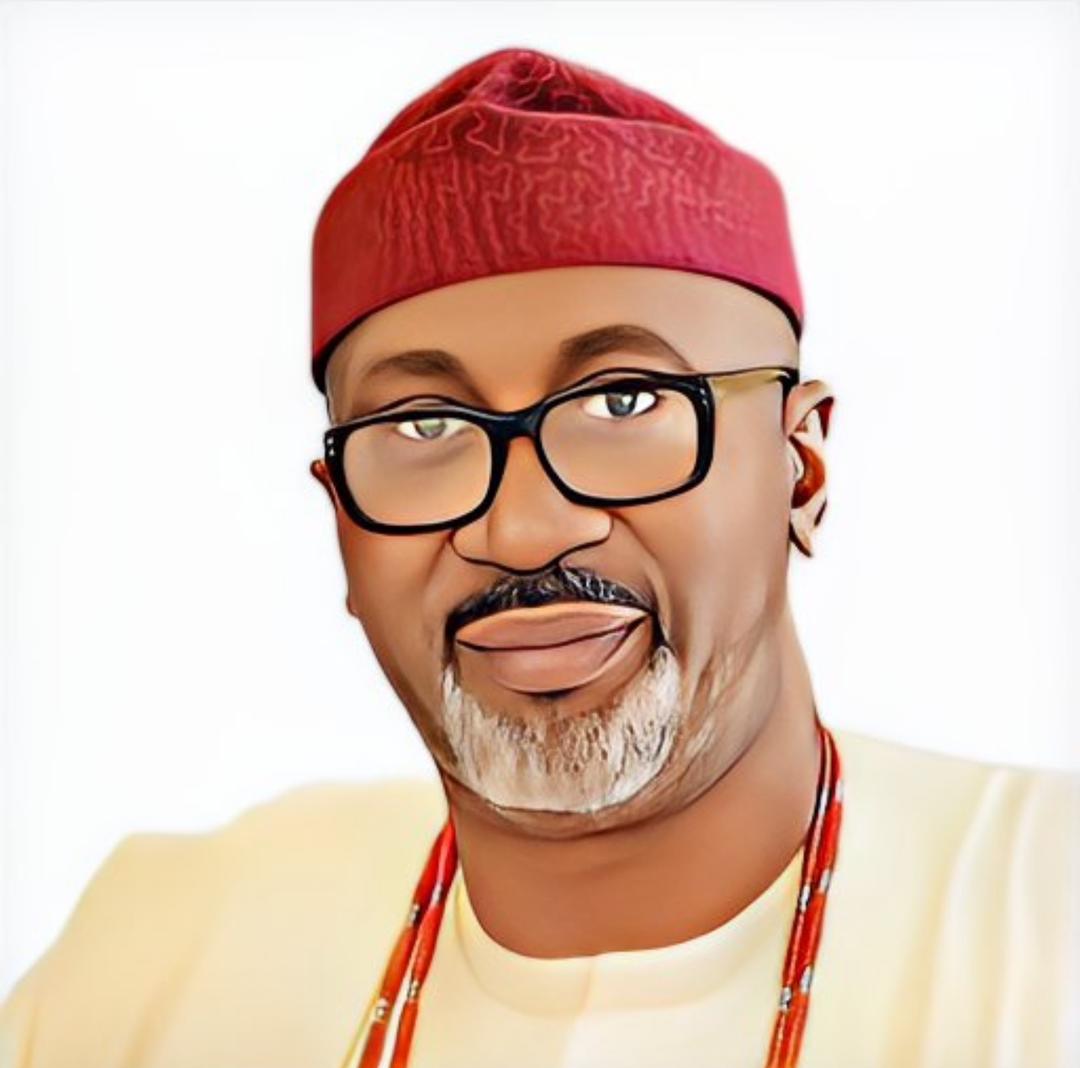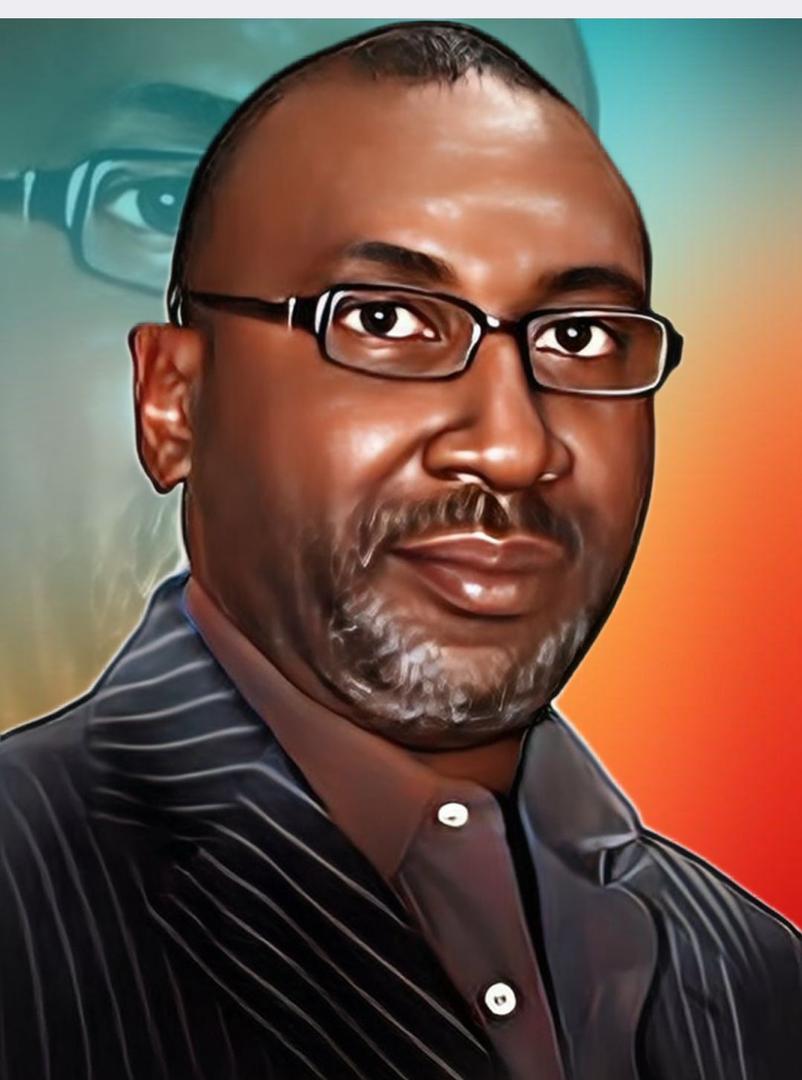The Several Battles of President Bola Ahmed Tinubu. – Abayomi Odunowo.
The war against the subsidy mogul in Nigeria was indeed successful, and as a result, the country now boasts functional refineries. The subsidy mogul was a powerful figure who had a stranglehold on the country’s oil industry, controlling the importation and distribution of petroleum products. This control allowed him to amass great wealth and power, often at the expense of the Nigerian people.
The government’s decision to confront this powerful figure and dismantle his influence was a bold and necessary move. The subsidy mogul’s grip on the oil industry had led to inefficiencies, corruption, and the neglect of the country’s refining infrastructure. This in turn had contributed to the scarcity and high cost of petroleum products in Nigeria.
By taking on the subsidy mogul, the government was able to reclaim control of the oil industry and institute reforms that revitalized the country’s refineries. Today, Nigeria has functional refineries that are able to produce enough petroleum products to meet domestic demand, reducing the country’s reliance on costly imports. This has had a positive impact on the economy and has improved the availability and affordability of essential fuel products for the Nigerian people.
Overall, the successful war against the subsidy mogul has been a critical step in securing the future of Nigeria’s oil industry and ensuring the country’s energy security.
The war against dollar hoarders and currency speculators is an ongoing battle that aims to stabilize the economy and protect the value of the national currency. Hoarding of dollars and speculative trading in foreign exchange markets can have detrimental effects on a country’s financial stability, leading to inflation, reduced purchasing power, and economic uncertainty.
Governments and central banks around the world are constantly implementing measures to deter individuals and organizations from hoarding dollars and engaging in speculative trading. These measures often include regulations, taxes, and monetary policies designed to discourage such behavior and promote the proper use of currency for trade and investment.
While the war against dollar hoarders and currency speculators may face challenges and resistance, it is a critical undertaking that is necessary for maintaining a healthy and stable economy. Insha Allah (God willing), with the concerted efforts of policymakers, regulators, and financial institutions, this battle will end successfully. Through effective enforcement of regulations and the implementation of prudent monetary policies, hoarding of dollars and speculative trading can be curbed, leading to a more balanced and prosperous economic environment for all. It is essential for all stakeholders to remain vigilant and committed to this cause in order to achieve the desired outcome. Insha Allah, we will succeed in this endeavor.
The stain on our societal and political systems did not appear overnight, and it will not be eradicated overnight either. Indeed, it took years, if not centuries, for corruption, injustice, and inequality to seep into the fabric of our institutions and communities. From systemic racism to political corruption, the damage runs deep and has had lasting effects on our society.
However, it is important to recognize that progress is being made. Efforts to dismantle systemic racism and prejudice, to root out corruption in political and corporate spheres, and to address economic and social inequality are underway. While the road to reform is long and arduous, there are signs of positive change. Legislative victories, grassroots movements, and a shift in public consciousness all indicate that the tides are turning.
The process of cleaning up the system will require perseverance, determination, and a commitment to justice and equality. It will involve difficult conversations, tough decisions, and collective action. But the work is worth it, as a society free from corruption, discrimination, and injustice is a society that can truly flourish.
Ultimately, the journey to a fair and just system is ongoing, but with continued effort and dedication, we can make substantial strides towards a cleaner and more equitable future.
One of the most pressing issues facing Nigeria today is the pervasive problem of corruption. It has seeped into every aspect of the country’s socioeconomic and political landscape, and has hindered its progress and development. As such, the recent bold move by President Tinubu to combat this issue head-on is not only commendable, but also imperative for the nation’s future.
President Tinubu’s anti-corruption strategy encompasses a multi-faceted approach that targets not only the individuals involved in corrupt practices, but also aims to overhaul the system that allows such misconduct to occur. The strategy involves the implementation of stringent laws and regulations, the establishment of an independent anti-corruption commission, and the promotion of transparency and accountability in all sectors of society.
What makes President Tinubu’s approach particularly effective is its comprehensive nature. By tackling corruption from all angles, he is sending a clear message that it will no longer be tolerated in Nigeria. Furthermore, his commitment to upholding the rule of law and ensuring that offenders are held accountable demonstrates a firm stance against corruption.
Moreover, President Tinubu’s anti-corruption strategy is not just a short-term fix, but a long-term solution that aims to create systemic change. It is a bold move that has the potential to transform the country and set it on a path towards prosperity and progress.
President Tinubu’s presidency is making a bold move with its anti-corruption strategy, which is undoubtedly the best approach yet to combat this deep-rooted issue in Nigeria. It is a crucial step towards building a more transparent, accountable, and just society.
It is often said that patience is a virtue, and when it comes to the task of governing a nation, this sentiment could not be more true. With the weight of the nation’s problems on their shoulders, the government can only do so much in a short amount of time. It is important to have patience and allow the government the time they need to get things right.
Every new government faces a learning curve as they familiarize themselves with the complexities of running a country. The challenges they face, whether they be economic, social, or political, cannot be resolved in a matter of days or even months. It takes time to implement effective policies, establish working relationships with other nations, and make the necessary changes to improve the lives of their citizens.
While it may be tempting to demand immediate results, it is important to remember that real progress takes time. In a democracy, the government is accountable to the people and must work tirelessly to fulfill their promises and meet the needs of the citizens. However, this process cannot be rushed.
it is crucial to give the government the time and space they need to get things right. Change does not happen overnight, and it is imperative to exercise patience as the government works through the challenges of governing. Trust in the process and allow the government the opportunity to demonstrate their dedication and competence in addressing the nation’s issues.
In the ever-evolving landscape of global business, competition is fierce, and the need for a competitive edge is critical. As a leader in Nigeria, it is my unwavering commitment to ensure that every obstacle impeding business competitiveness in our country is fought against with relentless determination. I will not hesitate to remove any clog hindering our path to making Nigeria a destination of choice for local and foreign investments.
Nigeria is a land rich in resources, both natural and human, and it has the potential to be a thriving hub for business and investment. However, in order for this potential to be realized, it is crucial that we address the obstacles that currently impede our business competitiveness. The challenges are numerous and diverse, ranging from infrastructural inadequacies to bureaucratic red tape and corruption. I am committed to addressing each of these obstacles head-on, and I will work tirelessly to ensure that Nigeria becomes a prime destination for investment and business growth.
One of the key obstacles that impedes business competitiveness in Nigeria is the inadequate infrastructure. Our roads, ports, and power supply all suffer from chronic underinvestment and neglect. This leads to increased costs and inefficiencies for businesses, hampering their ability to compete in the global market. As a leader, I am committed to investing in infrastructure and implementing policies that will improve the business environment in Nigeria. By upgrading our roads and ports, and addressing the issue of power supply, we can make Nigeria a more attractive destination for business and investment.
Bureaucratic red tape is another obstacle that stifles business competitiveness in Nigeria. The complex and time-consuming processes involved in starting and running a business can act as a deterrent for both local and foreign investors. As a leader, I will work to streamline these processes, making it easier for businesses to set up and operate in Nigeria. By reducing the bureaucratic burden, we can encourage more investment and stimulate economic growth.
Corruption is a pervasive issue that also hinders business competitiveness in Nigeria. Corruption not only erodes trust and confidence in the business environment but also imposes unnecessary costs on businesses. I am committed to tackling corruption head-on and implementing measures that will promote transparency and accountability in business dealings. By creating a more level playing field, we can attract more investors and foster a fair and competitive business environment.
In addition to addressing these specific obstacles, I am also committed to promoting a culture of innovation and entrepreneurship in Nigeria. By providing support and incentives for local businesses and startups, we can stimulate economic growth and create new opportunities for investment. Encouraging innovation and entrepreneurship will help to diversify our economy and make Nigeria more resilient in the face of global economic changes.
Finally, I am committed to fostering a business-friendly environment that is conducive to both local and foreign investment. This includes creating a stable and predictable regulatory framework, and providing incentives for businesses to invest and grow in Nigeria. By promoting a business-friendly environment, we can attract more investment and stimulate economic growth.
In conclusion, I am committed to fighting every obstacle that impedes business competitiveness in Nigeria. I will not hesitate to remove any clog hindering our path to making Nigeria a destination of choice for local and foreign investments. By addressing issues such as inadequate infrastructure, bureaucratic red tape, corruption, and promoting a culture of innovation and entrepreneurship, we can create a more conducive business environment in Nigeria. With determination and a clear vision, I am confident that we can realize the full potential of Nigeria as a thriving hub for business and investment.
Otunba Abdulfalil Abayomi Odunowo
National Chairman AATSG
9th February, 2024.
Do you have any information or event for TribuneTimes to publish or cover? Kindly Call us on +2349053535322 or send us message on Whatsapp number +2349053535322 or send us an email here





